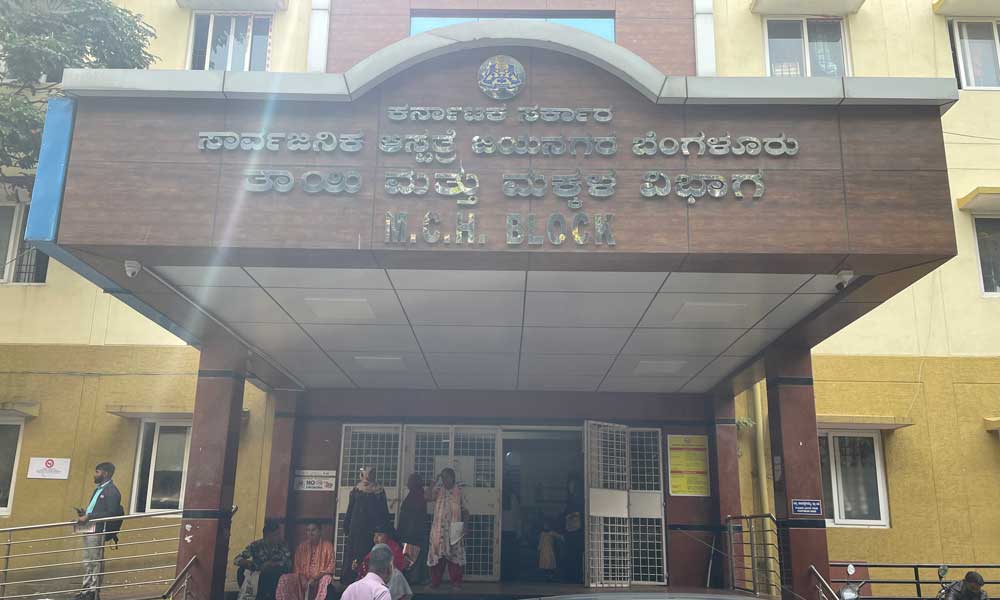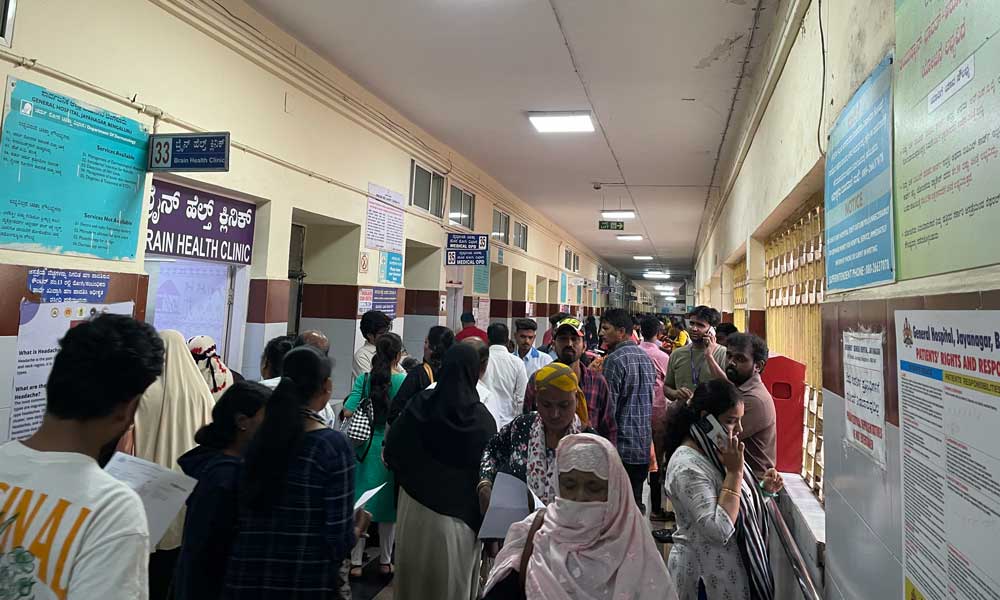Doctors recommend that patients with pulmonary ailments best stay indoors this winter.
Winter season can take a toll on people’s health. Doctors suggest that rhinitis, bronchitis, asthma and other lungs related diseases could become severe in people during winters due to increase in dust and pollen particles in the air.
According to the Jayanagar general hospital one out of every five patients is suffering from pulmonary disorders. Since October the hospital has received 156 patients who are facing severe asthmata like conditions.
Dr.B.V. Bassavaiya, pulmonologist at Jayanagar government hospital said that this year the chances of lung-related problems could increase. He said, “This year Bengaluru has seen a shortage of rainfall. When the soil doesn’t get proper water, it breaks and dust is created. It also impacts the complete cycle of the ecosystem as well. Due to less water availability the pollen triggers the asthmatic, rhinitis and bronchitis patients,” said Dr. Bassavaiya.
Soham Murali, a 40-year-old patient at Jayanagar general hospital said that he is an asthma patient since the last 30 years. He faces breathing problems every winter. His troubles increase with each passing winter. Doctors say that this happens due to atmospheric conditions. He is recommended not to get exposed to the air directly, instead to use a mask every time he goes out.
Shanthi, who is in her late 30s said, “I have bronchitis and it gets severe every winter. “I am advised to stay indoors but can’t do it since I have to go to work everyday,” she said.
According to the latest Lancet report, many states in India will be vulnerable to more lung-related ailments. With the greater use of fossil fuels and global warming the atmosphere is increasingly polluted and far from achieving the goal of the Conference of Parties (COP) 21, Paris agreement.
With an increase in number of vehicles on the road, industrial emission and construction the suspended particles also increase in the atmosphere. They enter the lungs and raises coughing and secretion of mucus , added Dr. Bassavaiya.






